 posted by Simon Kemp
posted by Simon Kemp
We already know what ‘savoir-faire’ means, don’t we? After all, it’s part of the English language.
The Oxford English Dictionary says that it usually refers to…
the ability to speak or act appropriately in social situations.
It’s about sophistication, elegance, good manners and suave self-assurance. It basically means this:
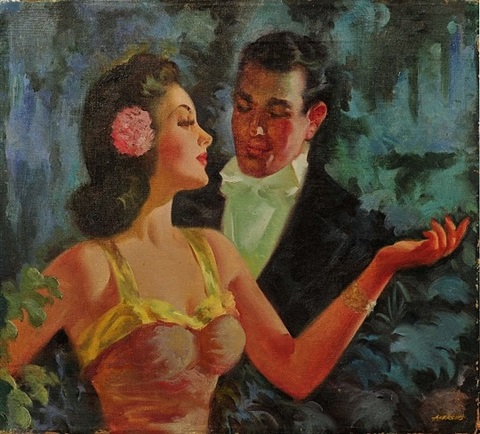
Right?
Well, yes, that’s what it means in English, but would you be surprised to learn that that’s not what it means in French?
According to the Larousse dictionary, savoir-faire means:
compétence acquise par l’expérience dans les problèmes pratiques, dans l’exercice d’un métier.
… in other words, it’s know-how (a term that’s also used in French as a synonym for savoir-faire).
So not so much them…

as him:

It can mean being handy with putting up shelves, or good with IT, or having organizational skills. Savoir-faire in French is any kind of practical competence (especially job-related) that you’ve learned by experience.
So, if savoir-faire in French means know-how, what’s the French for savoir-faire (in the English sense of the word)?
It’s savoir-vivre.
Savoir-vivre is defined in the French dictionary as:
Connaissance et pratique des règles de la politesse, des usages du monde.
‘I have a very great opinion of your savoir faire, especially in the articles of sugar and rum; but for your savoir vivre—none.’
It’s pretty clear that both savoir-faire and savoir-vivre are being used here in their original French senses of know-how and sophistication respectively.
Over the course of the next century or so, savoir-faire in English gradually came to get its present overtones, either because English speakers associated the French with being sophisticated, or because being able to drop French words into your English conversation was itself seen as a sophisticated thing to do. Probably a little of both.
It’s actually quite a common phenomenon. A word that’s fairly ordinary and neutral in French, will come over all sleek, sexy and stylish once it’s borrowed by the English.
It happened with le savoir-faire.
It happened with un je-ne-sais-quoi, which means ‘a certain something I can’t quite put my finger on’ in French, and ‘a certain stylish and sophisticated something I can’t quite put my finger on’ in English.
It happened with un rendez-vous, which in French is the normal, and entirely neutral word for an appointment. If a French person has un rendez-vous with their dentist, it likely involves fluoride gel and oral hygiene tips; if an English speaker has a rendez-vous with a dentist, we expect roses, wine and sugar-free chocolates.
And it happened with la lingerie, which to French people means pants of both the lacy, exotic variety and the sensible, practical, keeping-everything-warm-through-the-winter kind. (It also refers to women’s nightwear of all sorts, and to places where underwear and nightwear are manufactured, sold or stored).
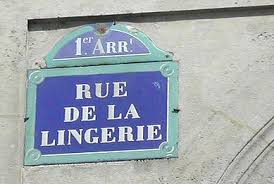
There are several other examples. Can you think of any?
If a language can have an inferiority complex, then it seems English might have got one. If it’s trying to express a certain je-ne-sais-quoi, a kind of effortless, stylish, savoir-faire, then only French will do.
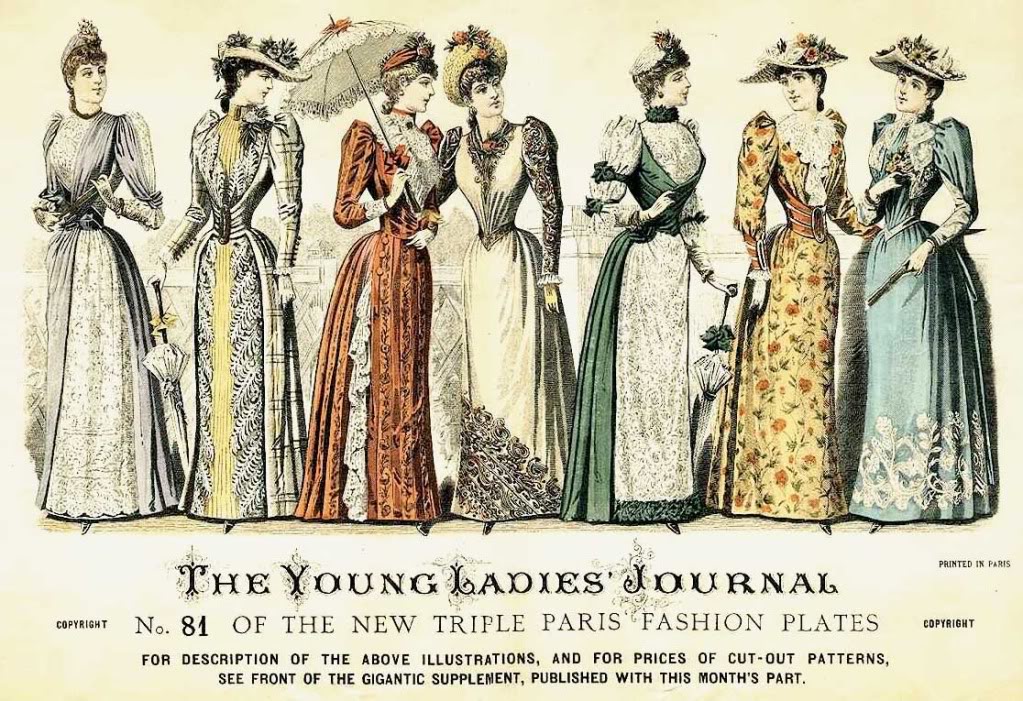


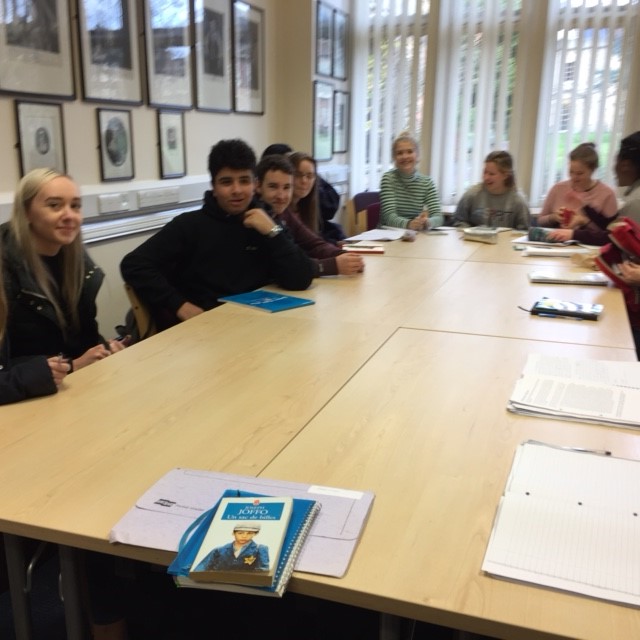
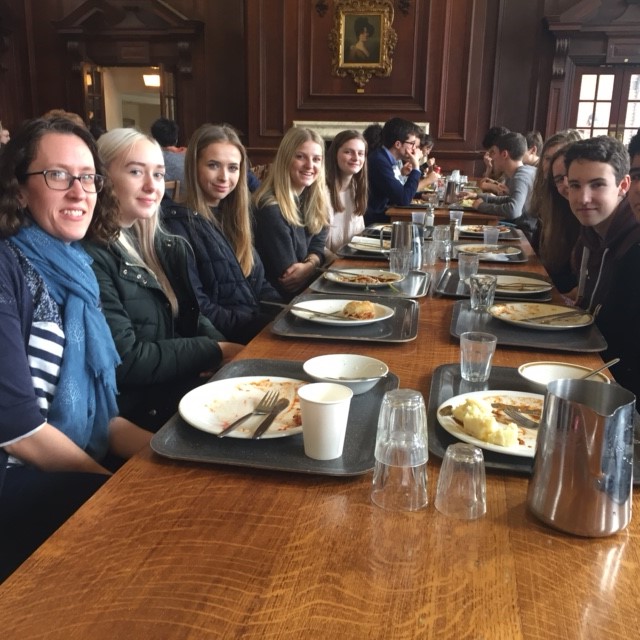

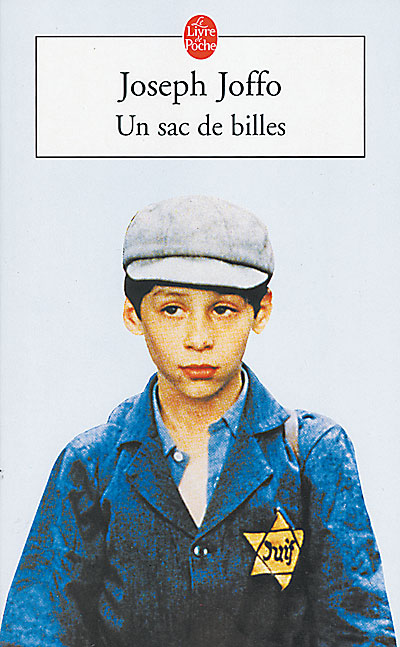
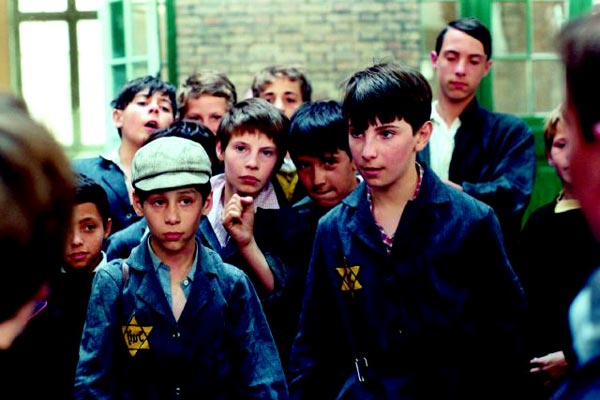


![photo [8485]](http://bookshelf.mml.ox.ac.uk/wp-uploads/2016/01/photo-8485.jpg)

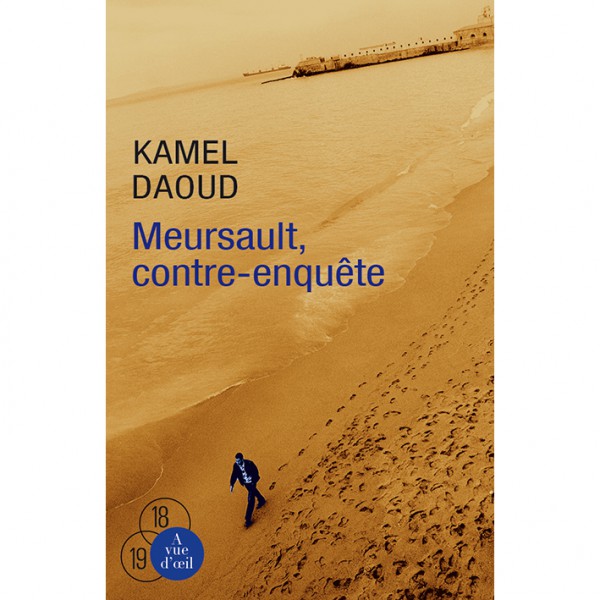


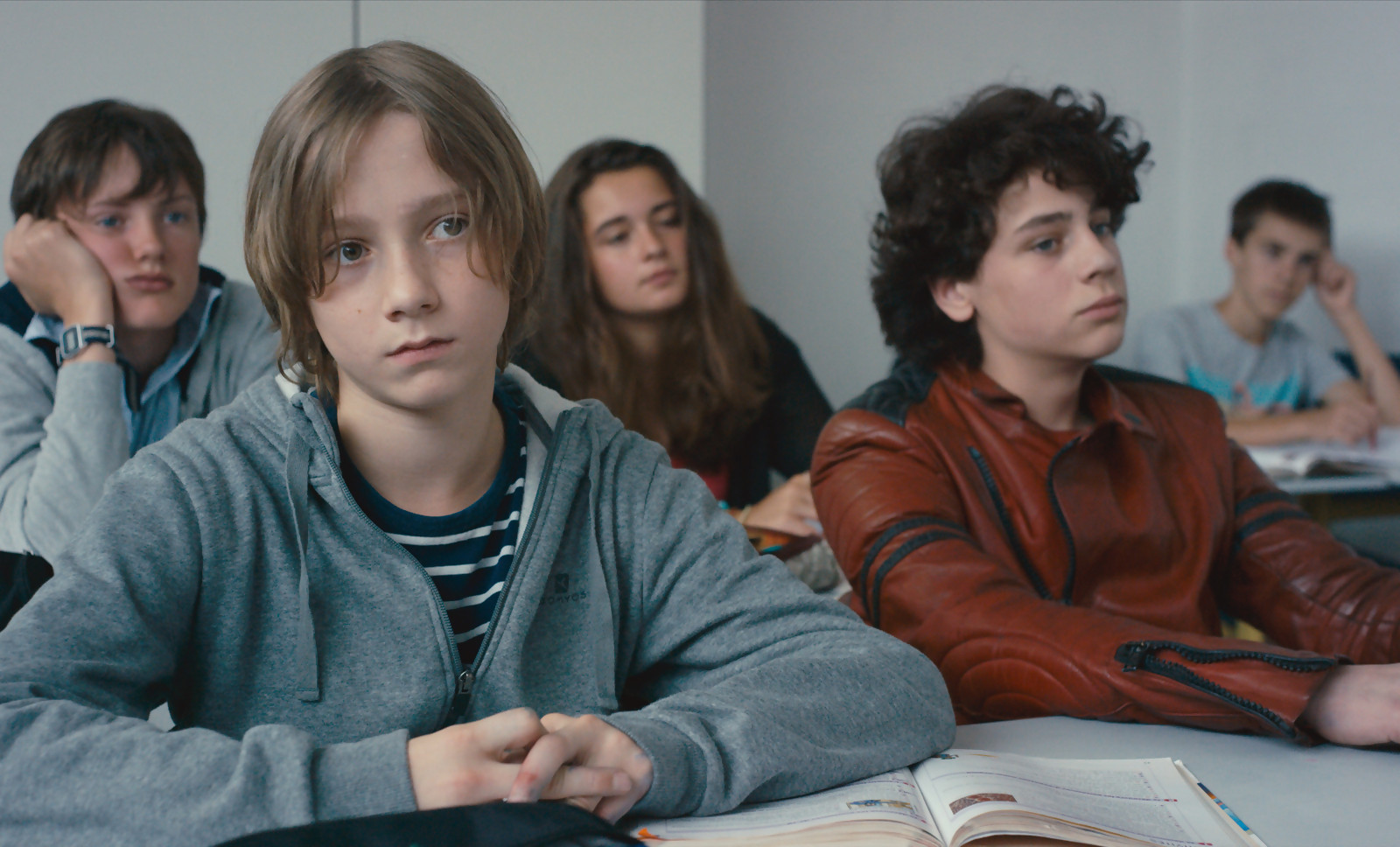

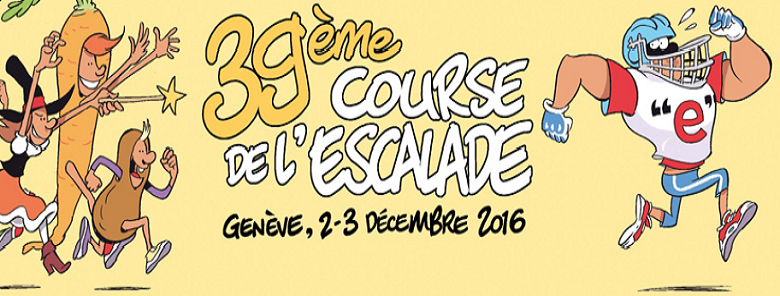 It is hugely popular and, made up in fact of several races according to the distance you want to run, your age etc. It happens in early December and is the largest event of its kind in Switzerland with tens of thousands of men, women and children taking part, some in fancy dress. Doubtless many of those who start when the whistle is blown and they hear
It is hugely popular and, made up in fact of several races according to the distance you want to run, your age etc. It happens in early December and is the largest event of its kind in Switzerland with tens of thousands of men, women and children taking part, some in fancy dress. Doubtless many of those who start when the whistle is blown and they hear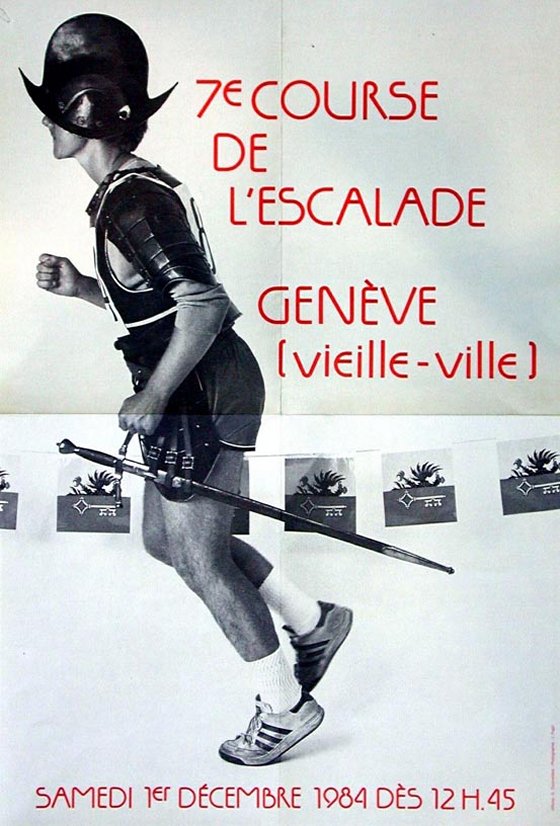
 posted by
posted by 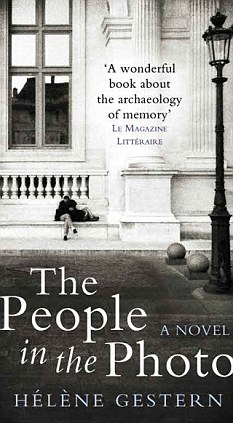
 posted by Simon Kemp
posted by Simon Kemp